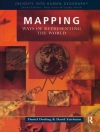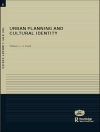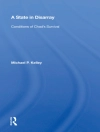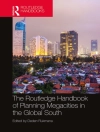For the seventh consecutive year, the AGILE promotes the publication of a book collecting high-level scientific papers from unpublished fundamental scientific research in the field of Geographic Information Science. As the agenda for Europe 2020 is currently being set, this book demonstrates how geographic information science is at the heart of Europe. The contributions open perspectives for innovative services that will strengthen our European economy, and which will inform citizens about their environment while preserving their privacy. The latest challenges of spatial data infrastructures are addressed, such as the connection with the Web vocabularies or the representation of genealogy. User generated data (through social networks or through interactive cameras and software) is also an important breakthrough in our domain. A trend to deal more and more with time, events, ancient data, a nd activities is noticeable this year as well. This volume collects the 23 best full papers presented during the 16th AGILE Conference on Geographic Information Science, held between 14 and 17 May 2013 in Leuven, Belgium.
Table of Content
User generated data, social network data.- What You See Is What You Map: Geometry-preserving Micro-mapping for Smaller Geographic Objects with map IT.- Trust as a Proxy Measure for the Quality of Volunteered Geographic Information in the Case of Open Street Map.- A Thematic Approach to User Similarity Built on Geosocial Check-ins.- Using Data from Location Based Social Networks for Urban Activity Clustering.- Remote Sensing.- Automatic extraction of complex objects from land cover maps.- Automatic extraction of forests from historical maps based on unsupervised classification in the CIELab color space.












